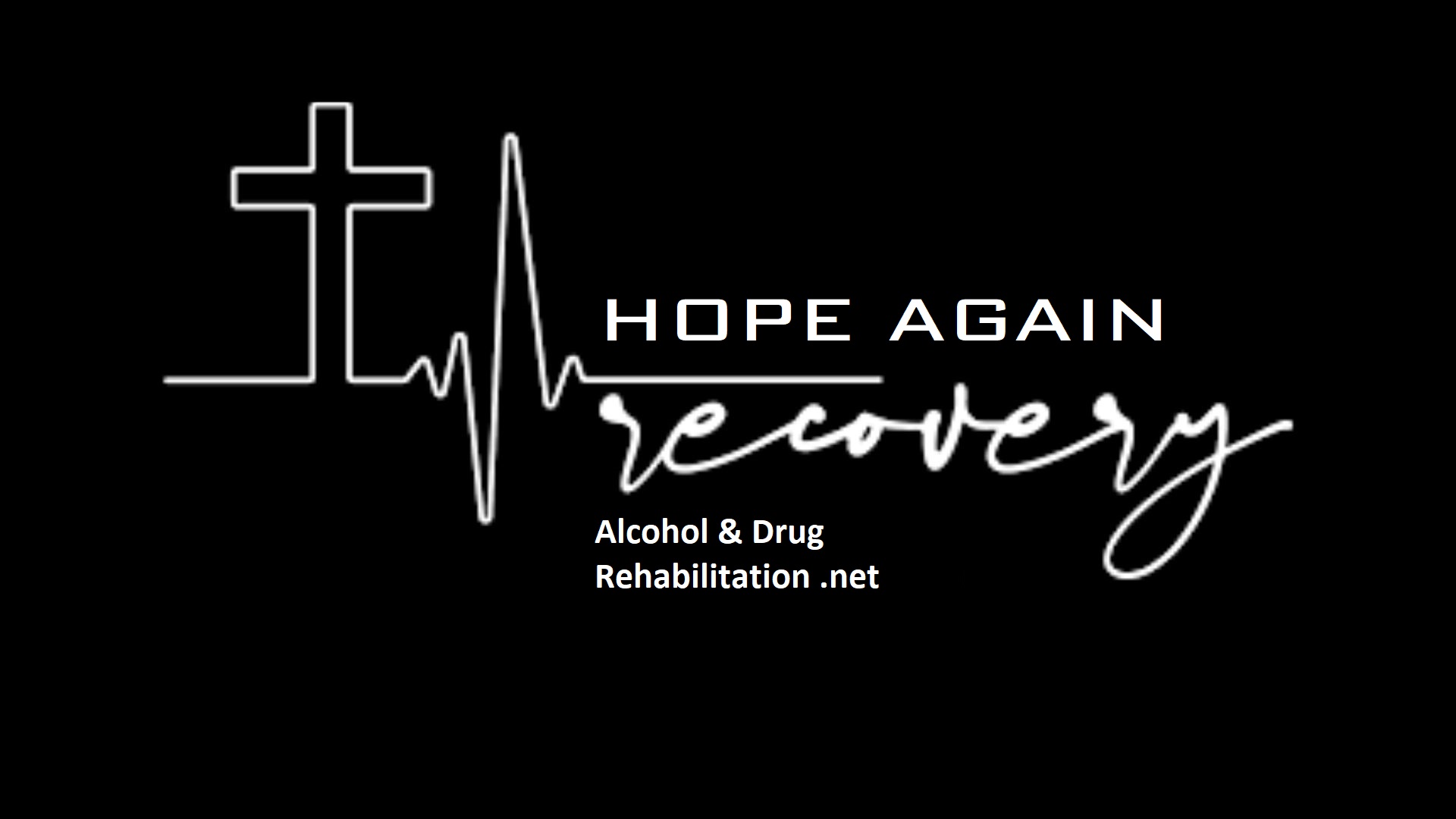Millions of people throughout the world struggle with the complex and difficult condition of addiction. Addiction, whether it be to drugs, gambling, or even technology, may have terrible consequences for one’s physical, psychological, and social well-being. Fortunately, addiction therapy offers a chance for recovery. This thorough resource examines numerous facets of addiction therapy, showcasing various methods and techniques to aid people in escaping the grip of addiction.
Knowing about Addiction
The compulsion to take a substance or participate in a behavior despite the consequences is what defines addiction. It is crucial to understand that addiction is a medical issue that affects brain function rather than a sign of moral weakness. It interferes with decision-making, impulse control, and reward systems, making it difficult for people to stop using drugs or alcohol on their own.

The Importance of Professional Help
While some people may be able to recover from addiction without medical assistance, many people need specialised care to address the social, psychological, and physical effects of their addiction. Treatment for addiction frequently entails a mix of therapies, drugs, and social supports catered to each patient’s particular requirements.
The Function of Therapy
By addressing the underlying psychological causes of addiction, therapy plays a crucial part in its treatment. Therapists assist patients in discovering the underlying causes of their addiction, acquiring coping mechanisms, and formulating relapse prevention plans. Rebuilding one’s self-esteem and forging healthier connections are other benefits of therapy.
Holistic treatment methods
Treatment for addiction does not just aim to stop drug usage. The interdependence of one’s physical, mental, and emotional well-being is acknowledged by holistic approaches. Yoga, meditation, art therapy, acupuncture, and dietary counselling are a few examples of these strategies. Individuals are better able to sustain their recovery journeys by promoting overall wellness.
Help from Family and Friends
Throughout the healing process, the assistance of family and friends is vital. Family therapy sessions allow loved ones to learn more about addiction, enhance communication, and act as a solid support system. Setting sensible boundaries and refraining from supporting behavior are, nonetheless, necessary.
The Path to Recovery
Addiction recovery is a lifelong process that calls for dedication, effort, and constant support. Relapses are possible but do not indicate failure. Instead, they offer a chance to develop and improve coping mechanisms. Recovery must be approached with self-compassion and patience.
Conclusion
A glimmer of light is provided through addiction treatment for those suffering from the crippling affects of addiction. Even though the path may be difficult, it’s crucial to remember that recovery is attainable with the proper mix of expert assistance, therapies, and support systems. Reach out to trained healthcare specialists who can direct you towards a road of recovery and transformation if you or someone you love is struggling with addiction.
Disclaimer: This blog post is for informational purposes only and should not be considered a substitute for professional medical advice. If you or someone you know is struggling with addiction, please seek guidance from a qualified healthcare provider.


